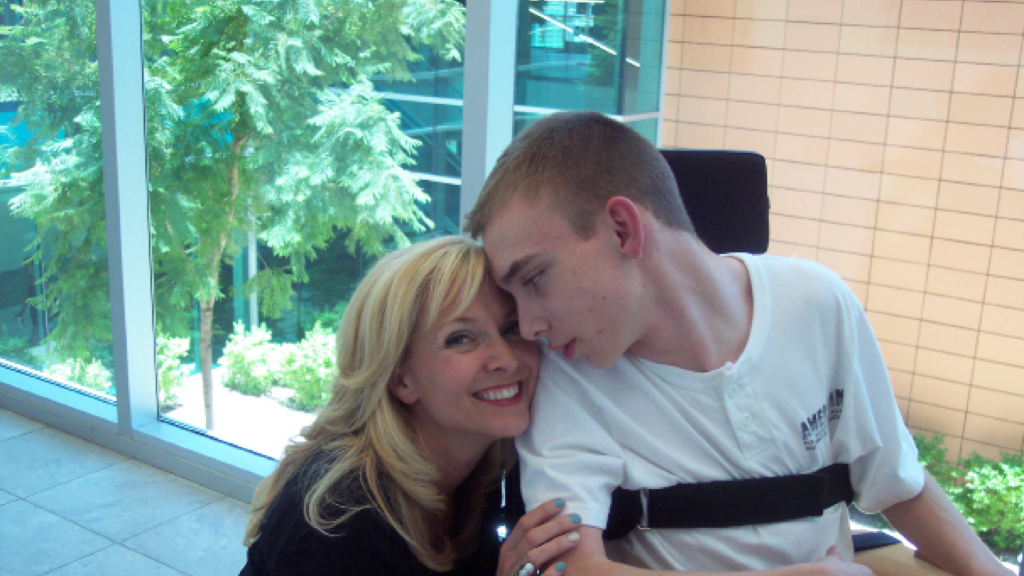How a Timely Conversation Led to Supported Decision-Making for Tucker

Janna Murrell first heard the term Supported Decision Making at a self-advocacy conference In Washington, DC about six months before her son Tucker was to turn 18. At the time, she and her husband Mark were planning to petition the court for full guardianship for Tucker; something they’d always assumed they’d do.
“I remember going to the conference hearing self-advocates say they were their own guardian and using the term ‘supported decision making,’ and thinking that’s not an option I would choose for Tucker and I just shoved it out of my head.”
Julie Ann Petty, a member of President Obama’s Committee for People with Intellectual Disabilities, was at the same conference. During a conversation with Janna, Julie talked about her own experiences with SDM and questioned why Janna would not consider it for Tucker. Janna remembers being offended and thinking, “You don’t understand! You’re not the parent! You don’t know him! We know how vulnerable he is! This is our personal choice!”
Weeks later, as Janna began filling out the guardianship paperwork, she would find herself putting it off, remembering Ms. Petty’s challenge. She started looking into SDM beginning with the supporteddecisionmaking.org website.
As Tucker’s 18th birthday grew closer, Janna began having serious misgivings about standing before a judge claiming that Tucker was incapacitated. She thought of all the intelligent, insightful conversations they have had and knew she couldn’t do it.
Janna, Mark and Tucker had a serious conversation. They considered the reality of their situation and discussed ways to address concerns. Together, they decided to try SDM and use some of the tools recommended.
They started with a healthcare power of attorney. Janna explained the form to Tucker and took it to the notary at the bank who knows Tucker. He asked, “Do you want your mom to be your health care power of attorney?” Tucker told him “Pfft! Yeah!” And, the notary said, “That’s good enough for me.”
Supported decision-making isn’t just about not petitioning the court for guardianship. Janna explained, “For us, it was all about using his existing network and explicitly talking about SDM with them. It’s no longer us making decisions for Tucker. Now it’s Tucker’s decision. If he needs help, he asks for help from his team. They all understand that Tucker is a part of every conversation.”
Janna is quick to point out that she does not think that SDM is right for everyone. “It’s not a one-size-fits-all. Right now, this works for us.” She continued, “There may come a time when that changes.”
Read about Arizona’s plan for establishing a SDM information and training pilot project at https://www.azdisabilitylaw.org/acdl-partner-pilot-project-supported-decision-making-information-training/.
